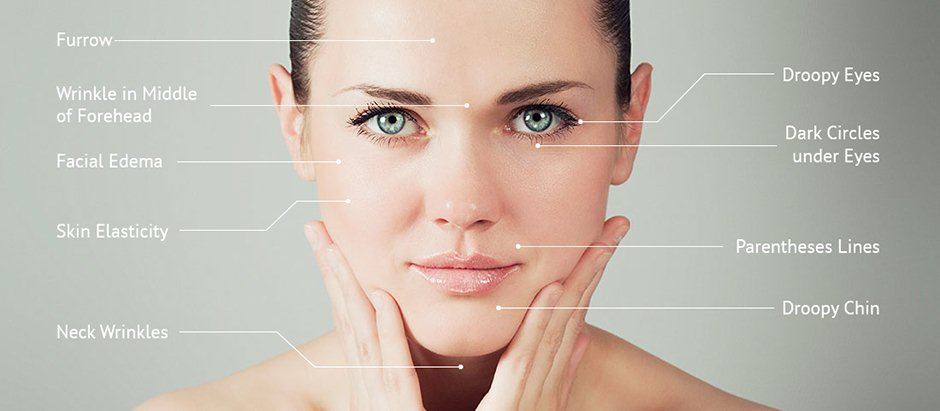Growth hormone is a protein, consisting of about 190 amino acids that are synthesized and secreted by cells called somatotropic in the anterior part of the pituitary gland. It is a major participant in the control of several complex physiologic processes, including growth and metabolism.
Functions of growth hormone:
1. Growth hormone stimulates cartilage cells to differentiate, and at the same time stimulates the liver and other tissues to produce an insulin-like growth factor-I, which leads to the proliferation of cartilage cells. When more cartilage cells are produced between the long bones, children will grow taller. However, growth is a very complicated process and requires the coordinated action of several hormones. That is why sometimes children do not grow much even after the injection of growth hormones. In adults, bones can no longer grow longitudinally; if there is too much growth hormone, the bones, nose, and extremities become thicker instead.
2. Growth hormone enhances the utilization of fat by stimulating triglyceride breakdown and oxidation in fat cells. It also suppresses fat cells’ ability to take up and accumulate circulating lipids. This is why you might find some bodybuilders or those that like to take care of their bodies taking some type of hgh supplement to help fat loss while trying to retain muscle mass.
Also Read: How Can Facial Acupuncture Treatments Help You Look Younger?
3. Growth hormone is one of several hormones that serve to maintain blood glucose within a normal range. Growth hormone is often said to have anti-insulin activity because it suppresses the ability of insulin to stimulate uptake of glucose in peripheral tissues and enhances glucose synthesis in the liver. When there is too much growth hormone, blood sugar can go up, even though insulin secretion increases, because insulin function is suppressed. This combination of high insulin and high sugar in the blood can lead to many kinds of inflammation.
4. Growth hormone enhances bone density.
5. Growth hormone activates a gene critical for the body’s tissue to heal and regenerate, says Robert Costa, professor of biochemistry and molecular genetics at the University of Illinois at Chicago. Once this particular gene is turned on, cells proliferate and mature at a much faster pace. When scientists disabled this gene (Foxm1b) in mice, repair of tissue damage was impaired.
Also Read: Acupuncture for Growth Hormones, Facial Rejuvenation
When women go through menopause, their estrogen level dropped more than 60% and their growth hormone dropped at the same time. Women tend to develop frozen shoulder, tendonitis, and osteoporosis because a lowered level of growth hormone and estrogen make the repairment of wear and tear much slower. That is why we need to adjust our exercise and reduce the intensity. If we have an injury, we need to stop exercises right away and use acupuncture to reduce the inflammation and speed up the repairment, so the joint function can be restored as soon as possible. We also need to eat more fruit and vegetables to provide the nutrients to repair the damaged tissues.
Menopause women also tend to gain weight because low growth hormone level can slow down the utilization of fat. If women do not change their diet, the high blood sugar can be converted into fat and stored in the fat cells. Osteoporosis and dropping facial muscles can also be a problem when women go through menopause. Low level of estrogen and progesterone make the bone and muscles regenerate much slower. Exercise and acupuncture can help strengthen the facial muscles and boost the growth hormone production. If a woman can start regular acupuncture treatment around 40 years old, she may look 15 years younger than other women who do not take care of their hormones.

Telephone No.(781)449-1813
